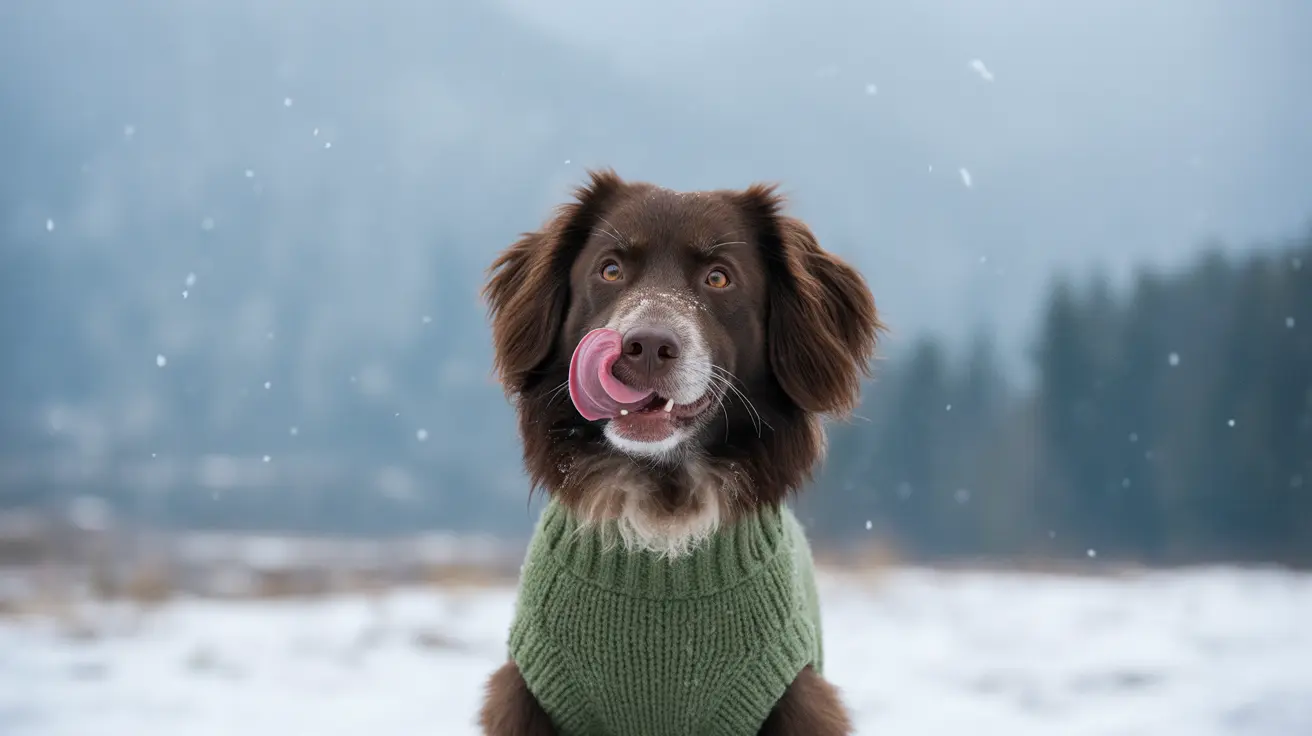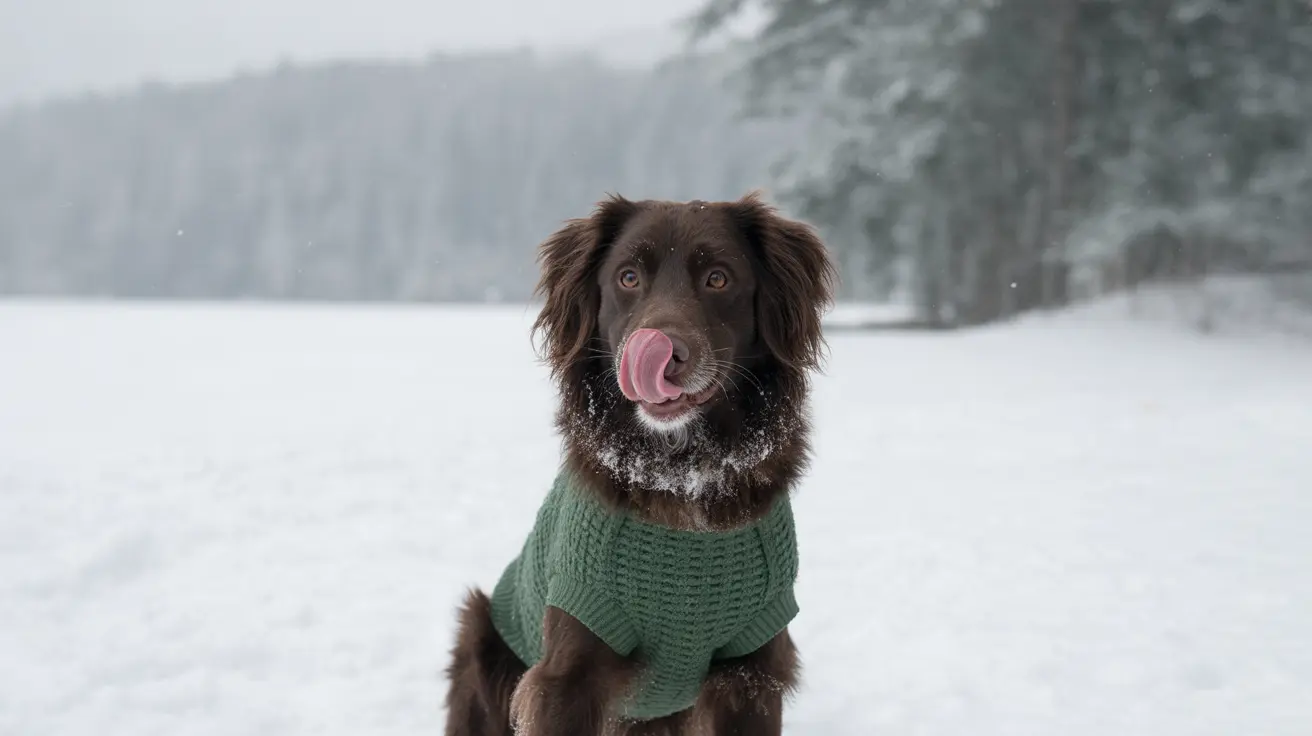Ever wonder what goes on behind the scenes at your local veterinary clinic? Veterinarians play a crucial role in animal healthcare, performing a wide range of duties that extend far beyond simple pet checkups. From emergency surgeries to preventative care, these medical professionals handle diverse responsibilities that require both extensive medical knowledge and exceptional communication skills.
In this comprehensive guide, we'll explore the daily activities, challenges, and responsibilities that make up a veterinarian's typical workday. Whether you're considering a career in veterinary medicine or simply want to understand what your pet's doctor does, you'll gain valuable insights into this demanding yet rewarding profession.
Core Medical and Surgical Responsibilities
Clinical Examinations and Diagnostics
Veterinarians begin their day performing thorough physical examinations on their patients. These checkups involve checking vital signs, examining body condition, and identifying potential health issues. They utilize various diagnostic tools, including blood tests, x-rays, and ultrasounds, to make accurate diagnoses and develop effective treatment plans.
Surgical Procedures
A significant portion of a veterinarian's day may be devoted to performing surgeries. These range from routine procedures like spaying and neutering to complex emergency operations such as tumor removals or orthopedic surgeries. Each surgery requires careful preparation, precise execution, and detailed post-operative care planning.
Preventative Care and Wellness Services
Preventative medicine forms a cornerstone of veterinary practice. Vets regularly administer vaccinations, conduct dental cleanings, and provide parasite prevention treatments. They also create tailored wellness plans that include nutrition guidance and exercise recommendations to maintain their patients' long-term health.
Emergency Response and Critical Care
Veterinarians must be prepared to handle emergency situations at any moment. This might include treating traumatic injuries, addressing severe illnesses, or responding to poisoning cases. Their quick thinking and ability to remain calm under pressure can mean the difference between life and death for their patients.
Client Communication and Education
Beyond medical care, veterinarians spend considerable time educating pet owners. They explain diagnoses, discuss treatment options, and provide guidance on home care. This role requires excellent communication skills and the ability to translate complex medical information into terms that pet owners can understand.
Administrative and Management Duties
Many veterinarians also handle administrative responsibilities, especially those who own their practices. This includes managing staff, maintaining medical records, ordering supplies, and ensuring compliance with regulatory requirements. They may also participate in continuing education to stay current with the latest medical advances.
Frequently Asked Questions
What are the daily responsibilities of a veterinarian in a typical animal clinic?
Veterinarians perform physical examinations, conduct diagnostic tests, administer treatments, perform surgeries, and provide preventative care services. They also manage medical records, communicate with pet owners, and oversee support staff operations.
How do veterinarians diagnose health issues in animals, and what tools do they use?
Veterinarians use a combination of physical examinations, laboratory tests (blood work, urinalysis), imaging tools (x-rays, ultrasounds), and their clinical expertise to diagnose health issues. They may also rely on specialized diagnostic equipment for specific conditions.
What preventative care services do veterinarians offer to promote pet health and wellness?
Preventative services include vaccinations, regular health screenings, dental cleanings, parasite prevention, nutritional counseling, and wellness examinations. They also provide guidance on exercise, behavior, and environmental enrichment.
What types of surgeries do veterinarians commonly perform, and how do they prepare for them?
Common surgeries include spaying/neutering, dental extractions, tumor removals, and orthopedic procedures. Preparation involves reviewing patient history, conducting pre-surgical examinations, planning anesthesia protocols, and ensuring all necessary equipment is ready.
How can pet owners effectively communicate with their veterinarian to ensure the best care for their pets?
Pet owners should maintain detailed records of their pet's behavior and symptoms, ask questions during visits, follow treatment instructions carefully, and promptly report any concerns or changes in their pet's condition. Regular check-ups and open communication help build a strong veterinarian-client relationship.
A career in veterinary medicine demands dedication, extensive knowledge, and a genuine passion for animal welfare. While the daily responsibilities can be challenging, the opportunity to improve animals' lives and support the human-animal bond makes it an incredibly rewarding profession.






